Climate change, prolonged heat, diseases and aging of coffee trees have negatively affected coffee productivity. At the same time, coffee growing areas have also shrunk as farmers switch to other crops that bring higher profits.
In addition, the crisis caused by the conflict in the Red Sea is severely affecting shipping routes connecting Southeast Asian countries (such as Vietnam and Indonesia) with markets in Europe, meaning importers are forced to accept longer transit times or pay higher prices to cover the increased risk premiums.
 |
| According to experts, coffee prices are expected to continue to increase in the short term. |
At the same time, the demand for coffee consumption has also increased globally, especially in markets such as China, India and Southeast Asia. The changing trends in coffee consumption in these markets have contributed to boosting the overall demand.
In addition, the increase in prices of other commodities such as oil and food has affected the price of coffee in an upward direction. Macroeconomic instability, along with increasing inflationary pressure, will also cause investors to seek safe havens such as coffee, gold, etc.
According to economic experts, coffee prices are expected to continue to increase in the short term due to the influence of many factors. Specifically: The conflict in the Red Sea has not been completely resolved; the demand for coffee consumption is increasing in potential markets such as China.
In the medium term, coffee prices are likely to stabilize or decline slightly as production in major producing countries such as Brazil and Vietnam is forecast to increase in the 2023/2024 crop year. At the same time, demand for coffee may decline slightly due to the impact of the economic recession.
Meanwhile, in the long term, the coffee price trend is expected to increase due to: Global coffee consumption continues to grow; climate change and disease pose a risk of affecting future coffee production.
According to experts, during the current volatile market, investors and farmers should closely monitor the fluctuations of the coffee market to make appropriate investment and production decisions. Apply a strategy of diversifying the investment portfolio to minimize risks.
Additionally, consulting with coffee market experts is a useful way to get more information and more accurate forecasts.
Source





![[Photo] Binh Trieu 1 Bridge has been completed, raised by 1.1m, and will open to traffic at the end of November.](https://vphoto.vietnam.vn/thumb/1200x675/vietnam/resource/IMAGE/2025/10/2/a6549e2a3b5848a1ba76a1ded6141fae)










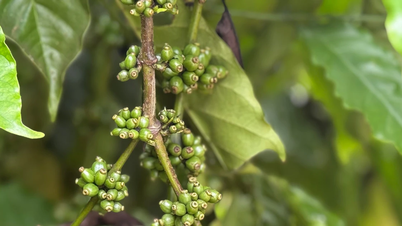
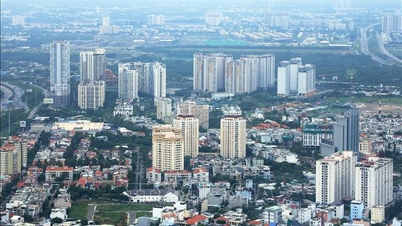

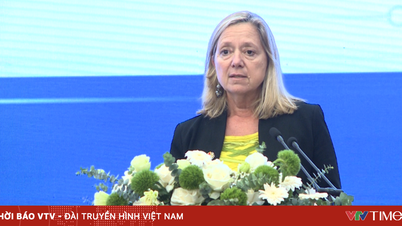



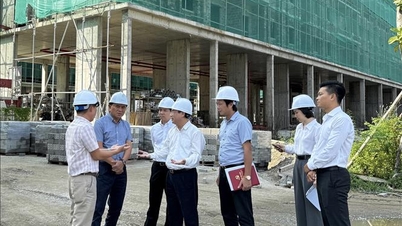
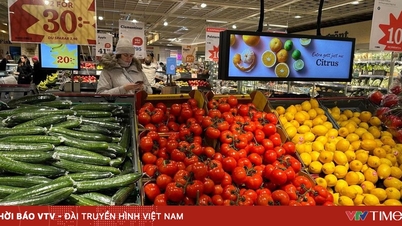





























































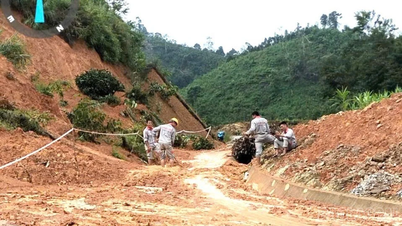
















Comment (0)